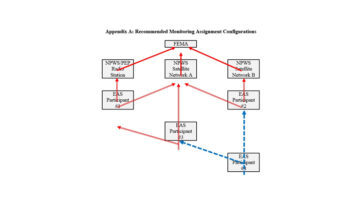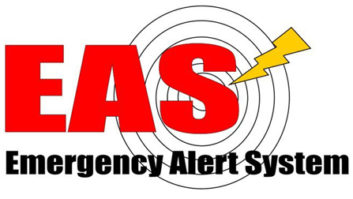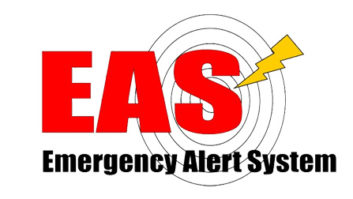The FCC is still waiting on some State Emergency Communications Committees to file state Emergency Alert System plans. It’s not clear how many states failed to file the plans by the July 5 deadline, but a majority of SECCs successfully completed the process, according to the FCC. The commission declined to comment on the specific filing numbers thus far.
State EAS plans, which govern EAS operations and activation procedures in their respective states, are filed annually and must receive FCC approval. The FCC’s website currently shows only one approved state EAS plan (Illinois). The FCC notes it has 60 days to approve state said plans. Compliance is required.
“SECC’s Emergency Alert System plans are an important part of emergency preparedness. The majority of SECCs filed EAS plans with the FCC and our Public Safety and Homeland Security Bureau has begun its review process,” according to a statement from the FCC.
In a public notice released last week the commission encouraged SECCs to file their state EAS plans as soon as possible and offered assistance if necessary.
Related: “Importance of State EAS Plan in California Is Clear“
“In light of the Congressionally-recognized importance of State EAS Plans in promoting the overall effectiveness of the EAS and in ensuring the public can receive potentially life-saving messages, the bureau stands ready to assist any SECCs that may need help either with the commission’s rules governing State EAS Plans or with utilizing the ARS [Alert Reporting System].”
The ARS online filing system combines the FCC EAS Test Reporting System, or ETRS, with a new electronic one for filing state plans, one that the commission says has been streamlined.
Requests for aid in completing State EAS Plan submissions can be emailed to David.Munson@fcc.gov.







